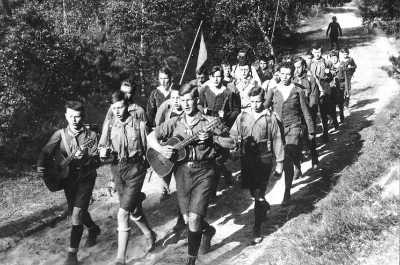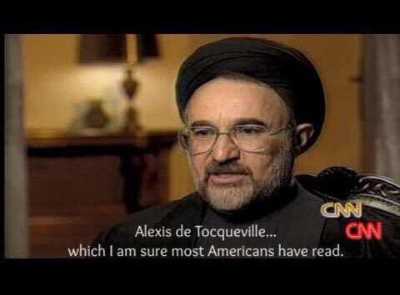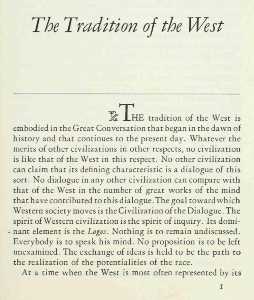anon_xuwa said in #4188 7mo ago:

Reading history backwards through this lens, Machievelli, Montagne, and others of the Rennaissance stand out. The classics of Rome and especially Greece have been staples for ever, but this curriculum especially emphasizes the pre-socratic works of Herclitus, Pindar, and Homer. The pre-christian and early-christian Germanic mythos is underdiscussed but unambiguously on the list. Beyond the classical West we frequently cite Confucious, ibn Khaldun, and the Vedas. Beyond these the aspiration seems to be a general hunger for knowledge of the magnificent spirits of idealized aristocracy, the aim being to draw a through line from the ancient proto-Aryan warbands, through classical history and the modern rise of European civilization, into the uncertain future.
I am no scholar, but I get a lot out of reading this tradition when I do. The intense invigorating feelings of clarity, of breaking out of the cage of accumulated bullshit and lies, of hope that what we half remember in dreams was once reality and will be again, are quite compelling. There is simply no greater pleasure in life than reading this stuff with the boys and being let in on the secrets of the world while deep behind enemy lines. And more than pleasure, I am convinced this program of reading is among the grand historical Important Works in this endless current year.
So my first question is what else you would put on the curriculum for a cohort of energetic young Students looking for the truth of the world. What specific works most powerfully express the insights and feelings necessary to any worldview that would respond to our age? What have you been reading, fellow Students?
Students? Yes. This idea from >>3760 has stuck in my head. We need networks of reading groups and active clubs of young American men who want to save their country. They will read old books, hike, lift, debate, and organize together. Nothing else could possibly be the basis of any active hope. Why not do it?
My second question is the meta question: how should we think about the nature of our studies and metapolitical activity here? Are reading groups, active clubs, and civic engagement the right model? Do we compile a formal introductory reading course, or keep it as an informal discourse of recommendation and exploration? I think we should be curating many such lists and formally reading through them with the bros, but what do you think?
referenced by: >>4201 >>4203 >>4291 >>4293 >>4294 >>4367 >>4368
When someone is prop

